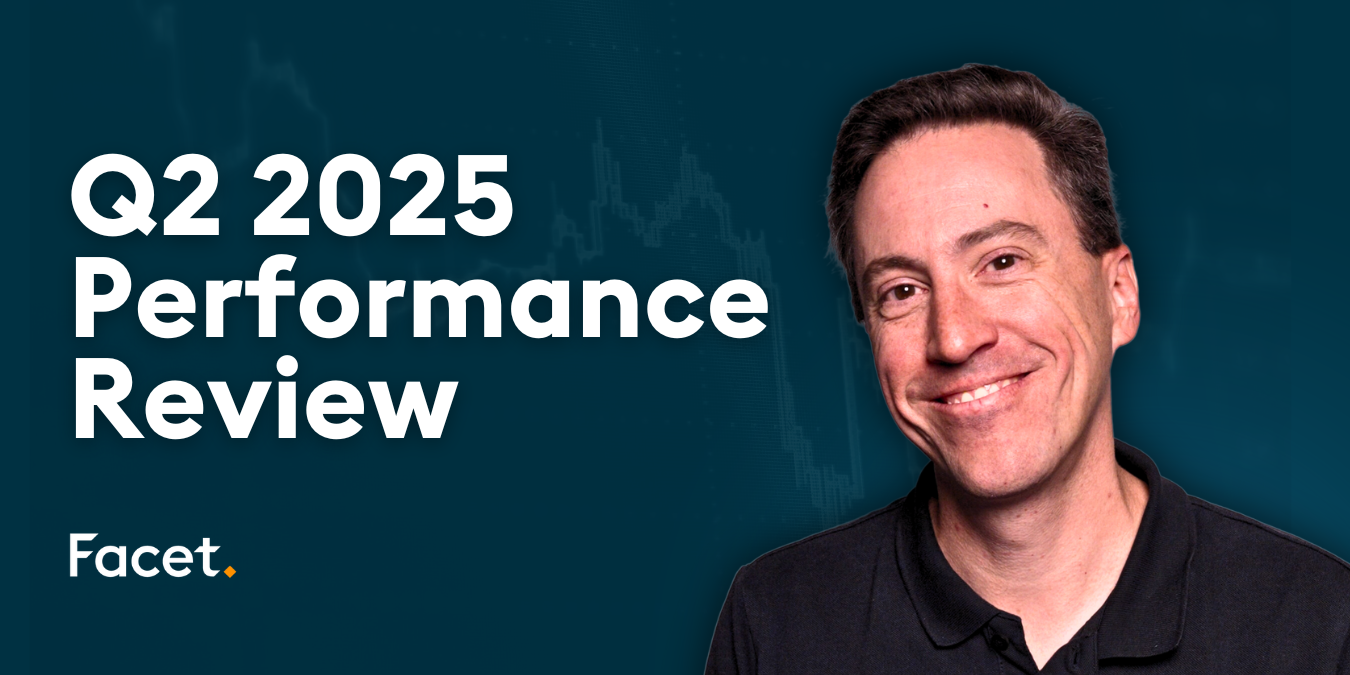
The information provided is based on the published date.
Key takeaways
- Adopting a healthier lifestyle can increase life expectancy and wealth
- Regular exercise, proper nutrition, and preventive healthcare are key components of a healthy lifestyle
- Poor health can lead to financial hardship and high healthcare costs
- Community programs and support groups are crucial in breaking the cycle of poverty and poor health
- A balanced approach to health and wealth requires strategic planning, clear goals, and commitment
Striving for a balance between wealth and health can feel like an elusive goal. Yet, achieving it can only help you live a more enriched life.
To be clear, when we use the word “wealth,” we aren’t talking about being rich. After all, being wealthy is rather subjective.
Instead, we are referring to wealth as the state of being comfortable enough to live your ideal life—free from the worries of unexpected expenses and able to afford the things that bring you joy and fulfillment.
The same goes for health. It’s not just about having a perfect physical appearance or being illness-free. Health is about holistically caring for your mind and body so you can be the best version of yourself.
In this article, you’ll find practical advice on harmonizing your financial and physical well-being. Explore strategies that show the impact of wealth on your health and how a healthy lifestyle can positively affect your finances.
The link between financial stability and health outcomes
Life expectancy, multiple health indicators, and overall quality of life are closely tied to financial stability.
Multiple studies have found that higher income levels are connected with lower mortality rates and longer life expectancy. These findings are linked to a decreased risk of lifestyle-related conditions, including obesity, smoking, hypertension, and asthma.
This relationship between wealth and health is not a mere coincidence but a reflection of how our socioeconomic status impacts our ability to access quality healthcare and maintain a healthier lifestyle.
Income and access to quality healthcare
The bridge between health and wealth becomes even more evident when we examine the role of income in accessing quality healthcare.
Higher incomes often lead to better access to medical care, quality nutrition, and supportive social networks, which greatly impact health-related quality of life (HRQoL)—an individual’s or group’s perceived mental and physical health over time.
Unfortunately, low-income households often face a lack of access to health insurance and essential medications, highlighting the disparities in income-based healthcare access.
The impact of wealth on mental health
Wealth’s impact transcends physical health—it also significantly affects mental health. A Pew Research Center report found that financial security contributes to reduced chronic stress and better mental health.
This is a big reason why employer-sponsored financial wellness programs have increased in popularity recently. Mental health resources can enhance employees’ financial and mental well-being, potentially leading to better performance and retention.
Yet, one must remember that a higher socioeconomic status doesn’t always equate to improved psychological health, indicating that wealth alone isn’t a cure-all for mental health issues.
Investing in a healthier lifestyle: The returns on good health
Embarking on a healthier lifestyle might appear challenging, but the rewards significantly outweigh the investment. Adopting a healthy lifestyle can significantly increase life expectancy, potentially up to 14 years for women and 12.2 years for men at 50.
Adopting a healthier lifestyle offers more than just a longer lifespan; it can also yield significant financial benefits. By cultivating healthy habits, individuals can reduce medical expenses and save money in the long run. Investing time and resources into good health is crucial, as it can yield dividends later in life.
Exercise and nutrition: Foundations of a healthy life
A healthy life is fundamentally built on regular exercise and proper nutrition. Some benefits of regular exercise include:
- Reducing the risk of over 25 chronic health conditions that often require expensive medication
- Improving cardiovascular health
- Strengthening muscles and bones
- Boosting mood and mental health
Adopting money-saving practices like cycling instead of driving for short distances can lead to significant financial savings and improved health. Lifestyle medicine experts promote healthy habits and encourage people to stay on top of preventive services. Moreover, life milestones like retirement can actually spark positive changes in our lifestyle.
Preventive healthcare: Saving money by staying healthy
Preventive healthcare is key to maintaining good health and controlling healthcare expenses. Regular check-ups and screenings play an essential role in preventing diseases such as:
- cancer
- heart disease
- diabetes
- high blood pressure
- osteoporosis
By managing these conditions well, you can prevent early retirement due to health issues.
Investing in prevention and innovative healthcare technologies can lead to significant savings by reducing indirect costs associated with diseases, potentially improving health outcomes and reducing financial strife.
The vicious cycle: How poor health can lead to financial hardship
Poor health can instigate a destructive cycle resulting in financial distress. Chronic disease creates a significant economic burden for individuals and small businesses through direct healthcare costs and lost productivity in the workforce.
Poor health hinders a person’s ability to work effectively, causing a direct impairment on their earnings and productivity. Chronic conditions such as heart disease or stroke can significantly decrease one’s ability to make a living, contributing to the broader economic losses experienced by the population.
Breaking the cycle: Community programs and support groups
Community programs and support groups attempt to break the cycle of poverty and poor health. But this doesn’t happen without strong community collaboration to make a real impact—starting with our youth. That means coordinating efforts and pooling resources from government, NGOs, and local organizations. It’s all about considering how different factors in society are connected.
These projects are most successful when community needs are clearly identified and driven by the collective action of groups with shared experiences. Sustainable community development demands programs tailored to each community’s unique needs, incorporating active participation from community members and leaders.
Planning for the future: Health equity and retirement income
Future planning necessitates a careful balance between health equity and retirement income. The healthiest retirees will likely require additional savings for an active lifestyle, while those in poor health will need supplementary income for medical expenses.
Having robust retirement income and savings is important for retirees to live out their ideal retirement without the pressure of unexpected costs hindering their overall financial plans. In some cases, it’s also a good idea to do some insurance planning to mitigate expenses, as a couple’s total healthcare in retirement can cost an estimated $260,000.
The role of employers in promoting financial wellness
Employers hold a pivotal position in fostering their employees’ financial wellness. Workplace wellness programs aim to manage healthcare costs, disability, and productivity.
These programs can alleviate financial stress and promote wellness by offering benefits such as student loan repayment and tuition reimbursement and incorporating earned wage access programs.
Strategies for a balanced approach to health and wealth
Embracing a balanced strategy toward health and wealth requires time, patience, strategic planning, and commitment.
Defining clear objectives that align with your overall financial plan is crucial to accumulating wealth. This can include creating a spending plan (and sticking to it), saving early and often for retirement, and diversifying investments.
On the health front, adopting healthier eating, staying active, and monitoring health measurements like BMI in lifestyle management are essential for maintaining good health. Comparing your progress against benchmarks and rewarding your successes can help keep you motivated and on track toward your goals.
Final word
The pursuit of health and wealth is a journey filled with numerous challenges and rewards. The key to achieving a prosperous, balanced life is understanding the intricate relationship between these two aspects, coupled with strategic planning and commitment. As you embark on this journey, remember to invest in your health, adopt a healthier lifestyle, and always plan for the future.
Achieving financial wellness is hard without a guide to help you along the way. Click the button below to start improving your financial life.
Facet
Facet Wealth, Inc. (“Facet”) is an SEC registered investment adviser headquartered in Baltimore, Maryland. This is not an offer to sell securities or the solicitation of an offer to purchase securities. This is not investment, financial, legal, or tax advice. Past performance is not a guarantee of future performance.


